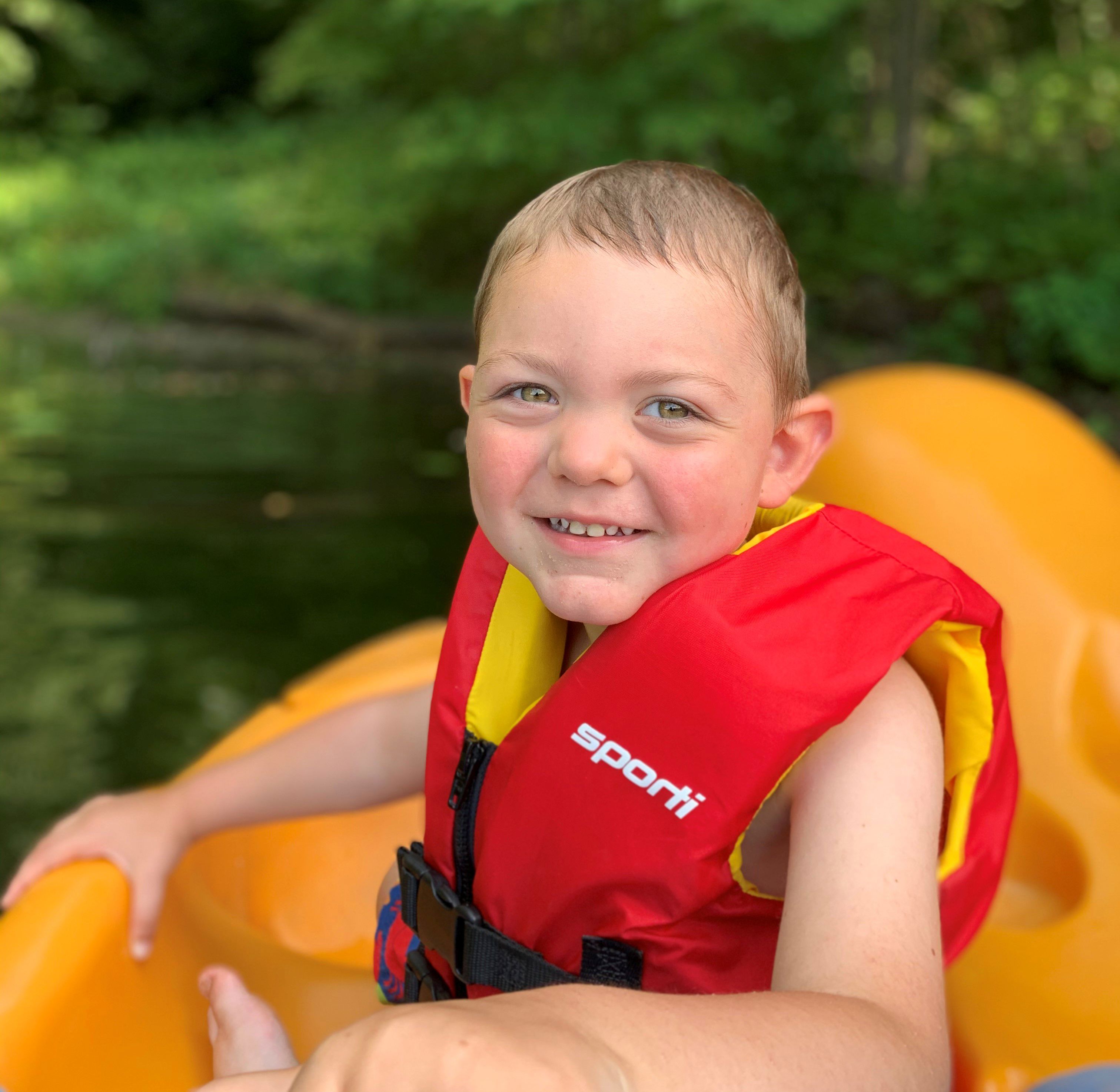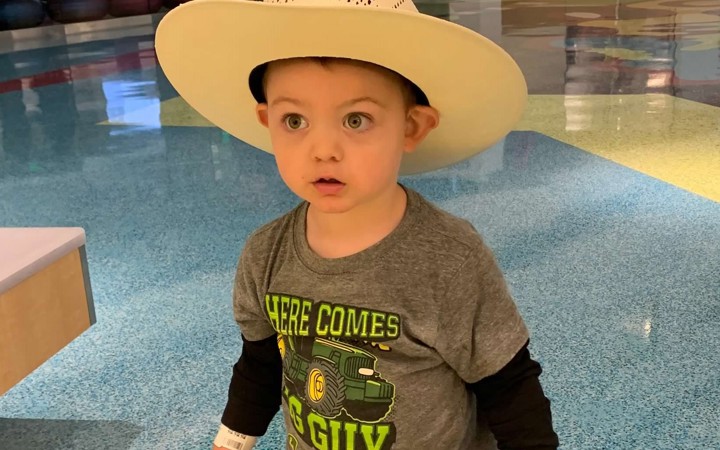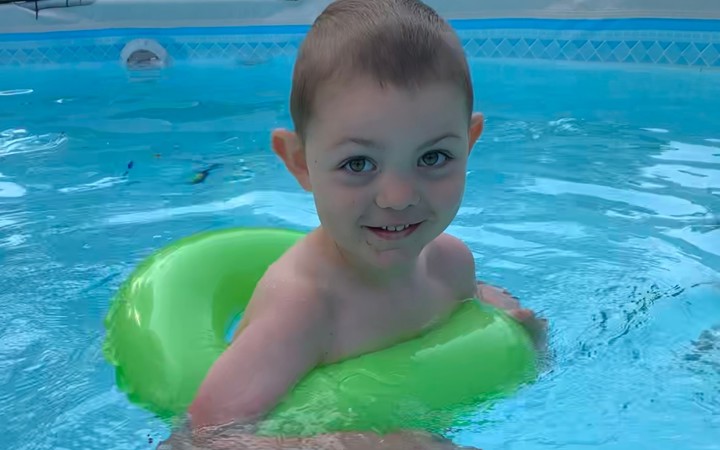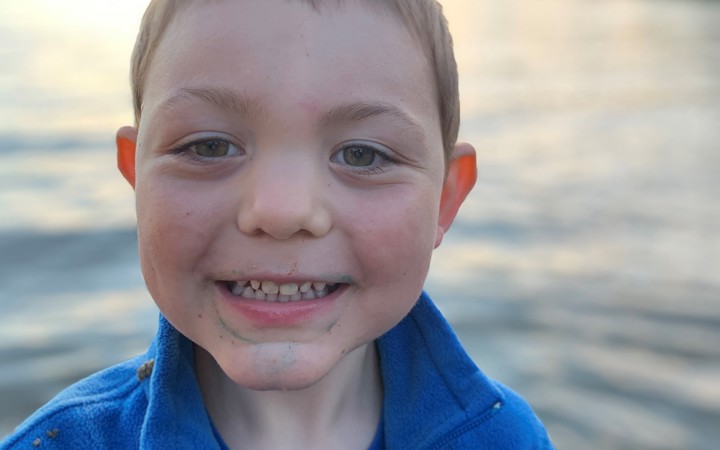- Doctors & Departments
-
Conditions & Advice
- Overview
- Conditions and Symptoms
- Symptom Checker
- Parent Resources
- The Connection Journey
- Calm A Crying Baby
- Sports Articles
- Dosage Tables
- Baby Guide
-
Your Visit
- Overview
- Prepare for Your Visit
- Your Overnight Stay
- Send a Cheer Card
- Family and Patient Resources
- Patient Cost Estimate
- Insurance and Financial Resources
- Online Bill Pay
- Medical Records
- Policies and Procedures
- We Ask Because We Care
Click to find the locations nearest youFind locations by region
See all locations -
Community
- Overview
- Addressing the Youth Mental Health Crisis
- Calendar of Events
- Child Health Advocacy
- Community Health
- Community Partners
- Corporate Relations
- Global Health
- Patient Advocacy
- Patient Stories
- Pediatric Affiliations
- Support Children’s Colorado
- Specialty Outreach Clinics
Your Support Matters
Upcoming Events
Mental Health Town Hall
Tuesday, April 23, 2024Join Children’s Hospital Colorado pediatric experts for a virtual...
-
Research & Innovation
- Overview
- Clinical Trials
- Q: Pediatric Health Advances
- Discoveries and Milestones
- Training and Internships
- Academic Affiliation
- Investigator Resources
- Funding Opportunities
- Center For Innovation
- Support Our Research
- Research Areas

It starts with a Q:
For the latest cutting-edge research, innovative collaborations and remarkable discoveries in child health, read stories from across all our areas of study in Q: Advances and Answers in Pediatric Health.


Noah: Not Just Surviving, but Thriving, with Hirschsprung Disease

Something wasn’t right
Noah was born in a rural hospital in Pennsylvania. He appeared to be a healthy newborn. However, by the second day, when he still had not had a bowel movement and was unable to keep his milk down, his parents, Michelle and Jareb, began to worry.
Noah was transferred to UPMC Children’s Hospital of Pittsburgh, several hours from his family’s home, where he spent two weeks in the NICU. It was there that he was diagnosed with Hirschsprung disease, a condition that affects the nerve cells in the lower colon and rectum, making it hard to pass stool. Doctors also discovered that the back-up had caused a septic E. coli infection in his bloodstream.
Noah spent 6 of the first 8 months of his life in the hospital due to various infections and other complications related to his condition. He underwent four abdominal surgeries during this time.
A new hope
When Noah was 8 months old, he and his family met Luis De La Torre, MD. Dr. De La Torre was practicing at UPMC Children’s Hospital of Pittsburgh as Founder and Director of the Colorectal and Hirschsprung Center at the time and preparing to move to Children’s Hospital Colorado.
Noah’s story turned around once Dr. De La Torre entered the picture. He underwent a fifth surgery, this time with Dr. De La Torre, and his health began to improve. Dr. De La Torre called this surgery “the beginning of the fight for Noah to have a normal life.”
Complications again arose about six months after surgery. By now, Dr. De La Torre had moved to Children’s Colorado and was consulting with the family over the phone and via email, but eventually the family traveled to Colorado to continue medical treatment.
A new discovery leads to better options
Prior to the family’s trip to Colorado for testing, they had been managing Noah’s condition with regular irrigations (baby enemas). However, Noah kept fighting bouts of enterocolitis (inflammation of the small intestine and colon lining).
When they arrived at Children’s Colorado, testing revealed that Noah had an underlying condition in his small intestine, and the irrigations and enemas were exacerbating this condition. The family stopped the irrigations at Dr. De La Torre’s direction and instead began giving Noah daily doses of a laxative known as Senna. This change resolved Noah’s inflammation issues and he was able to potty train soon after starting the new regimen.
Today, at age 4, Noah has full bowel control. The family continues to travel to Colorado for check-ups or conduct them via Children’s Colorado’s Telehealth Program. However, the expectation is that Noah will no longer need specialized care after the age of 5 or 6. He is, as his mother says, “a walking miracle,” thanks to Dr. De La Torre and Children’s Colorado’s International Center for Colorectal and Urogenital Care.



 720-777-0123
720-777-0123








